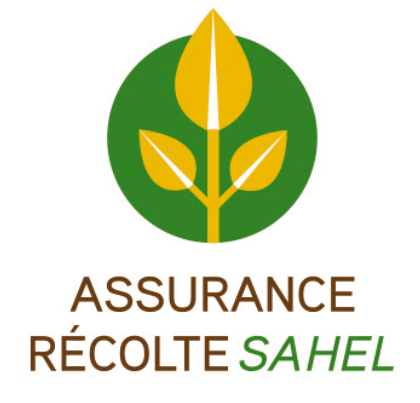PlaNet Guarantee: Supporting agriculture thanks to a satellite-based insurance scheme

The User
PlaNet Guarantee is a micro-insurance broker dedicated to inclusive finance founded in 2007 by Jacques Attali, a reputed French writer and economist. The company has developed a tailored social insurance offer, especially in the microfinance, agriculture and health sectors. It offers a range technical assistance and risk analysis services, mainly in West African countries such as Senegal, Mali, Benin, Ivory Coast and Burkina Faso.
The Challenge
In these five countries, agriculture represents up to 35% of the GDP and employs 70% of the active population (around 30 million people). The mainly small, family-owned crops are very volatile, depending on climate events. Drought and poor harvest can have lasting effects on food security and investments in future crops, with a risk that farmers get stuck in a poverty trap
Farmers’ access to insurance schemes was greatly impeded by the management costs entailed by the field inspections necessary to assess the state of the crops, as well as natural disasters and loss before compensating the farmers.
In 2009, PlaNet Guarantee started to develop index-based insurance solutions, using a combination of in-situ yield and weather data collected on the field via weather stations. However, in certain contexts these data were not precise enough and data sets available were not sufficient for the insurance schemes to rely on it in the long term. PlaNet Guarantee therefore looked for a more efficient tool to base its insurance scheme on.
The Satellite Solution
In 2011, PlaNet Guarantee launched “Assurance Récolte Sahel” (ARS), an index-based micro-insurance scheme that relies on climate and harvest indicators to predict harvest losses for crops such as maize and cotton without having to physically assess the state of the crops in the fields. The scheme defines the crop timeline insured and associated index triggers that activate insurance pay-outs to affected farmers.
The system relies in particular on a rainfall deficit index based on satellite information from EUMETSAT. This index use Relative Evapotranspiration Information and can monitor the availability of water in a given area, information which is converted into rainfall maps, thanks to which drought spells and zones can be identified and compensated.
The system is consistent as it is based on a data collection over 30 years.
The Results
Between 2011 and 2014, over 52,000 farmers have subscribed to ARS. Farmers have been compensated for their losses as needed. By mitigating the impact of climate events, the ARS programme helps farmers access insurance schemes, mitigate crop income fluctuations and secure bank loans for future crops.
PlaNet Guarantee is now expanding its product to other types of crops and new countries. New satellite indicators as Rain Fall Estimate (RFE. ARC 2) are also developed in partnership with the IRI from Columbia University.
This compensation has been really useful; it allowed us to repay the credit to the bank and save some money that will serve for other useful purposes. Nimna Diayite, President of FEPROMAS, a maize producers’ cooperative in Senegal


